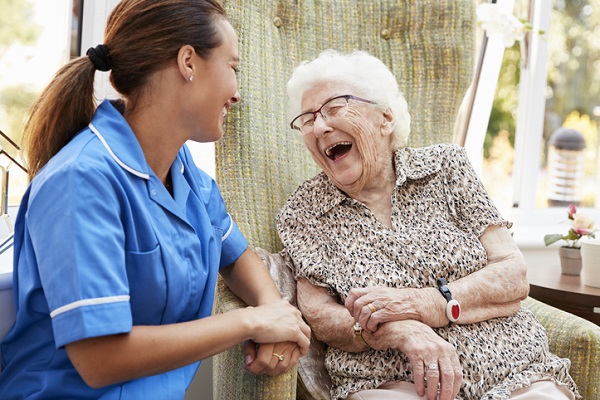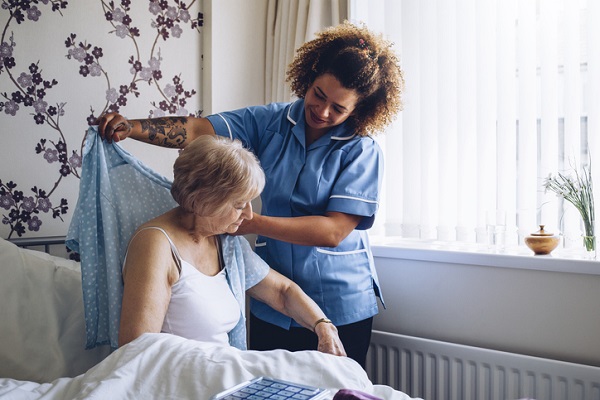
Activities of daily living (ADLs) are the basic tasks that we do everyday which enable us to live independently. These include simple things many of us take for granted, like getting dressed, taking a shower, and eating meals.
Unfortunately, some people are unable to perform ADLs independently for a variety of reasons. They could be elderly, recovering from a stroke, have dementia, or have a physical or mental disability. ADLs are often used to judge someone’s ability to live independently without additional support. This can be measured by the individual, their caregiver, an informant report or by direct observation.
As an aspiring personal support worker, you will learn how to help people that are struggling with these functions. Read on to find out more about ADLs.
The Six Categories of ADLs
ADLs can be divided into six main categories. These are:
- Eating
- Bathing and hygiene
- Dressing
- Grooming
- Mobility
- Toileting and continence
Bathing, hygiene and dressing are usually the first ADLs that someone will struggle with, before toileting and continence, and lastly eating. This means that if someone can perform only one of the ADLs, it is most likely to be eating. Adults unable to perform these tasks independently may need caregivers like personal support workers.
How Personal Support Worker Training Prepares You to Help Individuals with ADLs
Personal support workers play an important role in helping clients to maintain their dignity and independence. Their visits and support can often enable an elderly person to continue living at home, and they also provide additional support at care homes, hospices, hospitals, and other facilities.
A PSW course will equip students with the skills they need to help clients with ADLs. Students are given training on meal preparation, feeding, aiding with bathing and other aspects of personal hygiene, and assisting with mobility.

Helping an adult struggling with ADLs requires sensitivity, empathy and respect. It can be very distressing to lose the ability to live independently and have to rely on help. Personal support workers will learn how to communicate clearly and compassionately with clients, and how to help in a gentle and non-invasive way.
If you are helping someone with bathing and showering, for example, you should try to allow them as much privacy and independence as possible. Things like offering them a plastic apron or clipping a towel with a clothes pin or velcro can help the client to feel more at ease in the beginning. It’s also important to be patient, and allow the person time to wash themselves when it is safe for them to do so.
Nowadays, there are also a number of assistive technologies that can help individuals’ struggling with ADLs to maintain independence. These include shower chairs, prescription drug organizers, two-handed cups, walkers and wheelchairs. Personal support workers can help recommend these to clients where appropriate.
The Difference Between ADLs and IADLs
As you learn more about ADLs, you may also come across references to instrumental activities of daily living (IADLs), which are more complex tasks. IADLs are important to daily living, but are not required on a daily basis.
The main IADLs including communication skills like using a phone or the internet, taking public transport or using a car, meal preparation, housework, and managing medication and finances. During personal support worker training, you will also learn to help clients manage these skills through practical exercises and real-life work experience.
Are you interested in personal support worker courses?
Contact Medix College to find out more!



